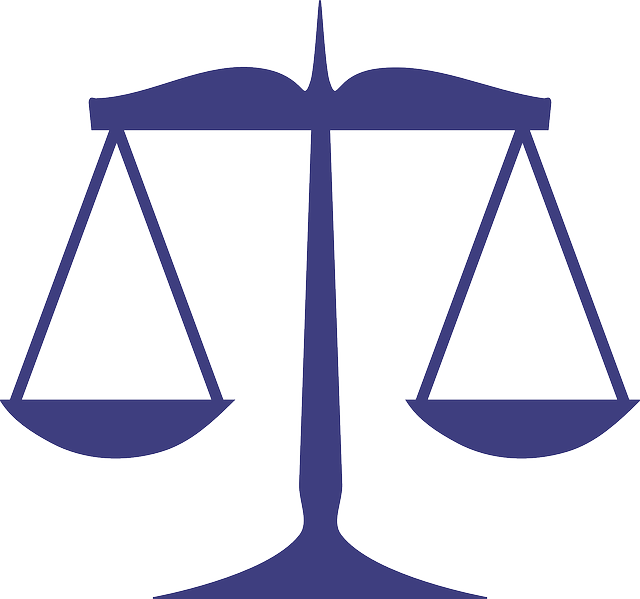Fraudulent financial practices, from false accounting to money laundering, aim to deceive individuals or entities. Recognizing misrepresented statements or insider trading is crucial for prevention. If suspicious activities are detected, especially in employment or business settings, swift action is vital. Following the Steps to File an Employment Law Complaint—gathering evidence, consulting legal experts, and understanding rights under local/federal statutes—ensures fairness and integrity within organizations, potentially leading to charge dismissal if misconduct is not found. Proactive measures include implementing robust internal controls, regular audits, and employee training on ethical financial practices to avoid fraudulent activities.
Fraudulent financial practices pose a significant threat to individuals and organizations alike, undermining trust and stability in the business world. This comprehensive guide explores various aspects of employment law complaints related to fraud, offering valuable insights for those seeking justice. We’ll delve into definitions and examples of fraudulent activities, clarify who can be affected, and provide detailed steps to file an effective Employment Law Complaint. Additionally, we’ll discuss legal remedies and prevention strategies to empower individuals in combating financial fraud.
- Understanding Fraudulent Financial Practices: Definitions and Examples
- Who Can Be Affected by Employment Law Complaints Regarding Fraud?
- Steps to File an Effective Employment Law Complaint
- Legal Remedies and Prevention Strategies for Fraudulent Financial Practices
Understanding Fraudulent Financial Practices: Definitions and Examples
Fraudulent financial practices encompass a range of illegal activities designed to deprive individuals or entities of financial resources through deception. These practices can take various forms, from false accounting and investment scams to embezzlement and money laundering. Understanding what constitutes fraudulent behavior is the first step in combating it. For instance, misrepresenting financial statements to investors is a form of fraud, as it manipulates market perceptions and can lead to significant economic harm. Similarly, insider trading involves using non-public information for personal gain, violating trust and regulatory frameworks.
If you suspect an instance of fraudulent financial practice, especially in the context of employment or business transactions, taking prompt action is crucial. The steps to file an Employment Law Complaint can serve as a guide. Engaging a competent legal team specializing in general criminal defense and white-collar crimes is essential for achieving extraordinary results. These experts can navigate complex regulations related to economic crimes, ensuring that the complaint is filed accurately and within applicable time frames. By doing so, individuals and organizations can protect their rights and contribute to upholding financial integrity.
Who Can Be Affected by Employment Law Complaints Regarding Fraud?
Anyone employed in an organization can potentially be affected by employment law complaints regarding fraudulent financial practices. This includes employees at all levels, from entry-level positions to senior executives. The impact of such allegations can be far-reaching, affecting not only the individuals involved but also the company’s reputation and stability across the country.
The process of addressing these issues begins with taking the necessary steps to file an employment law complaint. If you suspect fraudulent activities in your workplace, it’s crucial to gather evidence, consult legal experts, and understand your rights under existing employment laws. This might lead to a complete dismissal of all charges if the investigation reveals no misconduct, ensuring fairness for both employees and employers alike, and fostering integrity within philanthropic and political communities.
Steps to File an Effective Employment Law Complaint
When faced with fraudulent financial practices within your employment, understanding the Steps to File an Employment Law Complaint is crucial. The first step is to gather evidence – documents, emails, or any records that highlight the misconduct. This proof is essential throughout the all stages of the investigative and enforcement process. Once armed with evidence, consult with a legal professional who specializes in employment law to understand your rights and options under local and federal laws.
Next, file a complaint with the appropriate government agency, such as the Equal Employment Opportunity Commission (EEOC). This step initiates the official investigation into the matter. Throughout this process, maintain detailed records of all communications and actions taken. If negotiations with the respective business fail to resolve the issue, you may be entitled to seek legal redress through mediation or even jury trials.
Legal Remedies and Prevention Strategies for Fraudulent Financial Practices
When faced with fraudulent financial practices, individuals and businesses alike have legal avenues to seek redress and prevent further harm. The first step for victims is to gather evidence, document interactions, and consult with legal professionals specializing in fraud cases. This process is crucial as it provides a solid foundation for pursuing justice. One effective strategy is to file an employment law complaint if the fraud occurred within an organizational setting, ensuring that all relevant federal and state laws are adhered to.
Prevention is key to mitigating risks. Businesses should implement robust internal controls, regular audits, and comprehensive employee training on ethical financial practices. Staying vigilant and keeping up with industry regulations can significantly reduce the chances of falling victim to fraudulent activities. Additionally, staying informed about recent scams and fraudulent schemes across the country allows for proactive measures to be taken in a respective business environment, ultimately leading to a complete dismissal of all charges if necessary.
Fraudulent financial practices pose significant risks to individuals and organizations alike. Understanding these practices, who they affect, and the legal steps to file a complaint are crucial in combating this issue. By following the outlined steps to file an employment law complaint, victims can seek justice and hold perpetrators accountable. Additionally, implementing prevention strategies is essential to safeguard against future financial fraud, ensuring a safer business environment.






